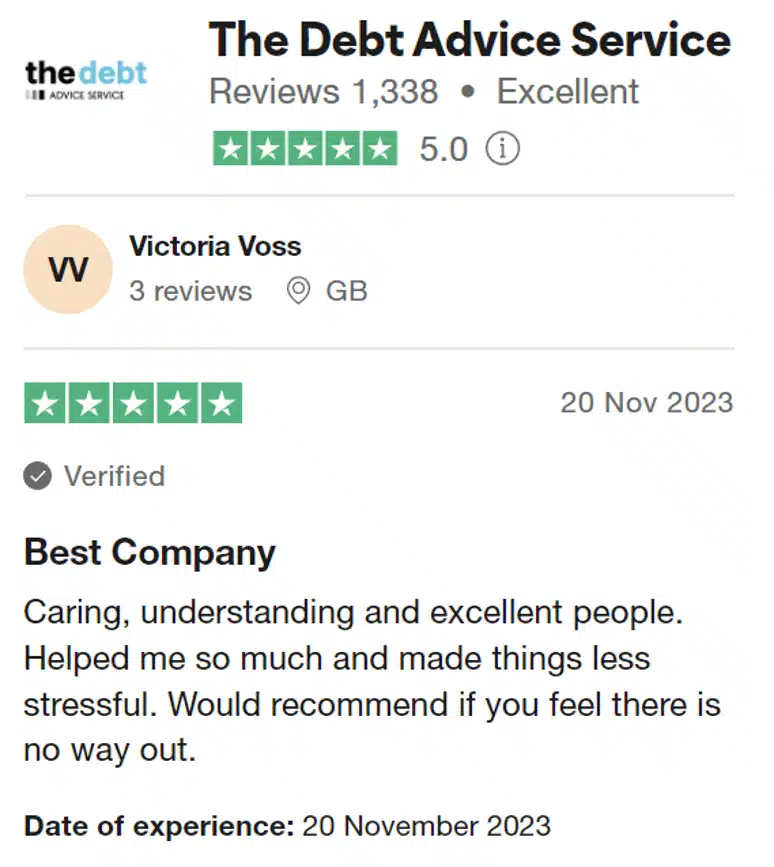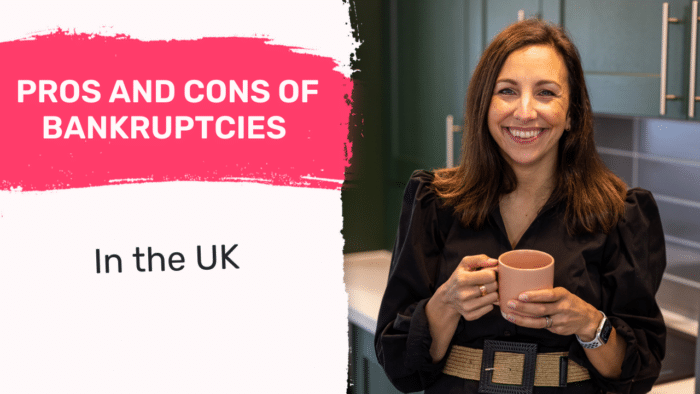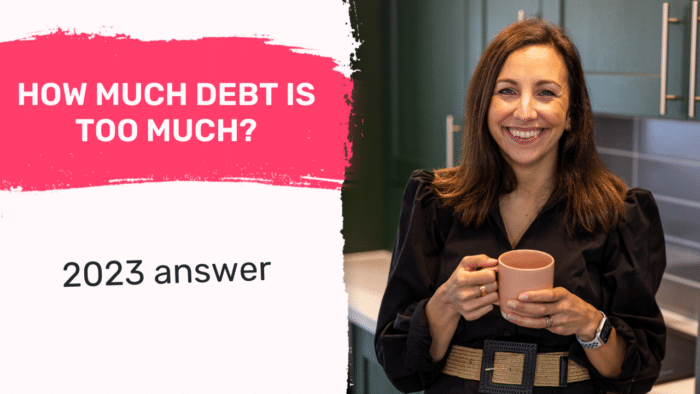How to Get a Debt Management Plan While Renting
For free & impartial money advice you can visit MoneyHelper. We work with The Debt Advice Service who provide information about your options. This isn’t a full fact-find, some debt solutions may not be suitable in all circumstances, ongoing fees might apply & your credit rating may be affected.
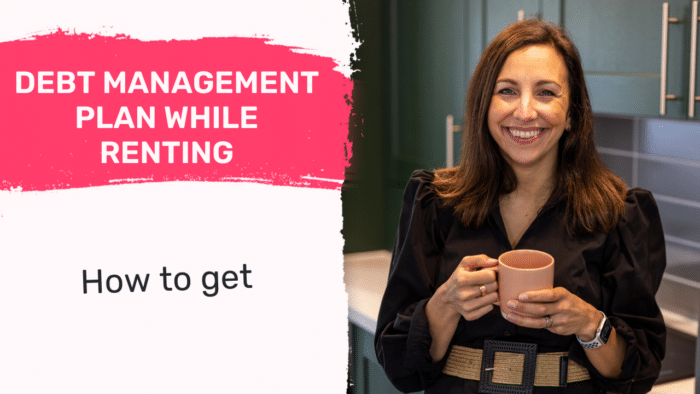
For free & impartial money advice you can visit MoneyHelper. We work with The Debt Advice Service who provide information about your options. This isn’t a full fact-find, some debt solutions may not be suitable in all circumstances, ongoing fees might apply & your credit rating may be affected.
Do you have debts and want to know more about Debt Management Plans? Are you renting and worried about how this might affect you? This is the right place for you.
Every month, over 12,000 people visit our website looking for guidance on debt topics. So, you are not alone, and there are ways to ease your worries.
In this article, you’ll find out:
- How a Debt Management Plan works
- If you have to pay for it
- What debts can be included in a plan
- The good bits and the not-so-good bits of a Debt Management Plan
- How a Debt Management Plan might affect your rental situation
Perhaps you’re worried about not being able to pay your debts or the people who might come to ask about the money you owe. Maybe you’re worried about how a Debt Management Plan might affect your rental situation. I’ve been through these worries too, so I know what it feels like.
We’re here to help you find out more about getting a Debt Management Plan while renting.
What happens if you go on Debt Management Plan?
When you agree upon a Debt Management Plan you will start making monthly payments into the DMP.
The DMP won’t be recorded on any public insolvency register because it isn’t classified as a formal debt solution. Thus, nobody will be able to check a register to see if you’re using a DMP.
However, as mentioned above, the DMP will have an effect on your credit file. Creditors will mark your file to state that you’re making partial repayments which are lower than what was originally agreed.
Can I rent with Debt Management Plan?
There aren’t any laws to say you cannot rent a property while using a Debt Management Plan to get out of debt.
But things may not be this straightforward and it depends on the exact circumstances. Lots of people have asked this question online, so you’re certainly not alone in wondering this. See here:

Source: https://forums.moneysavingexpert.com/discussion/5576490/can-i-rent-while-on-a-debt-management-plan
The answer may change whether you’re referring to a property you currently rent, or whether you’re talking about moving to a new rental. I’ve covered these scenarios separately below.
How a debt solution could help
Some debt solutions can:
- Stop nasty calls from creditors
- Freeze interest and charges
- Reduce your monthly
A few debt solutions can even result in writing off some of your debt.
Here’s an example:
Situation
| Monthly income | £2,504 |
| Monthly expenses | £2,345 |
| Total debt | £32,049 |
Monthly debt repayments
| Before | £587 |
| After | £158 |
£429 reduction in monthly payments
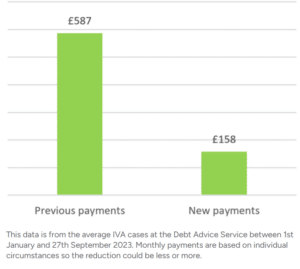
If you want to learn what debt solutions are available to you, click the button below to get started.
Does a Debt Management Plan affect your current rental?
Using a Debt Management Plan to get out of debt probably won’t affect your current rental.
This is as long as your rent payments – or any rent arrear repayments – have been accurately factored into your disposable income, which they will be if you have used a debt charity to negotiate on your behalf.
There is no way for the landlord to check if you’re using a DMP so won’t know that you are. The only exception would be if the rental agreement states that you have to inform them if you’re using a DMP, which is rare to unheard of.
Does a Debt Management Plan affect getting a new rental?
Although there is nothing legally stopping you from renting a new property while already using a Debt Management Plan, there could be some hurdles that stop you from getting the new rental.
These are:
- A credit check
- The DMP agreement
First of all, most landlords and estate agencies will complete credit checks on rental applicants to make sure they’re likely to pay the rent on time. These checks include but aren’t limited to previous references and a credit check.
If they see that you’ve got multiple partial repayments on your credit file, they may know this to be a Debt Management Plan and be reluctant to offer you the rental agreement. But this comes down to the estate agent or landlord’s preferences. There is a way to overcome this sometimes, which I’ll come back to in the section below.
The other thing that might stop you from getting a new rental with an existing Debt Management Plan is the terms of your agreement. If you’re currently renting a cheaper home or paying less to live with friends and family, you may not have the disposable income to pay the higher rent and keep up with your Debt Management Plan repayments in full.
Of course, you could exit the DMP and choose to spend more of your money on the higher rent, but this would open the door for creditors to chase you for full payments and even take legal action that can result in the use of bailiffs.
Thousands have already tackled their debt
Every day our partners, The Debt Advice Service, help people find out whether they can lower their repayments and finally tackle or write off some of their debt.

Natasha
I’d recommend this firm to anyone struggling with debt – my mind has been put to rest, all is getting sorted.
Reviews shown are for The Debt Advice Service.
How to get a new rental with a Debt Management Plan
If you’re worried that your credit score will stop you from getting approved for a new rental, there may be some workarounds.
One of the most popular is to use a guarantor within the rental agreement. This is when a friend or family member becomes responsible for paying your rent if you miss a payment.
This can give estate agencies and landlords the confidence to offer you the rental agreement despite the DMP.
Can you get a mortgage with a Debt Management Plan?
A Debt Management Plan will negatively affect your credit score and your borrowing power when it comes to applying for a mortgage. But it’s still possible to get approved for a mortgage while you’re using a Debt Management Plan.
What are the positives of a Debt Management Plan?
The main positives when using a Debt Management Plan are:
- You agree to a repayment structure that is deemed affordable to you while maintaining essential costs.
- You might have any interest on the debt frozen to help you pay debts back quicker.
- DMPs are free to set up and debt charities can negotiate on your behalf as well.
What are the negatives of a Debt Management Plan?
The drawbacks of using a Debt Management Plan are:
- They are not legally binding so creditors can exit the agreement and chase you for full payment.
- Creditors aren’t obligated to agree and some debts, such as rent arrears and secured loans, cannot be included.
- DMPs will harm your credit score, although this could do lesser damage than not using any debt solution and creating bigger arrears and debts.
Debt Management Plan and renting summary
A Debt Management Plan is highly unlikely to affect your ability to keep renting your home, but you will need to keep up with rent payments outside of the DMP.
There can be issues when trying to rent a new property with an existing DMP due to the likely credit check, or if the new rental payments will prevent you from making full DMP payments.
DMP alternatives
Before using a DMP to deal with your debts, you should explore all your debt solution options. I’ve covered the most common debt solutions already.
And a debt charity can assess your suitability against each of them to find your best avenue out of debt.
